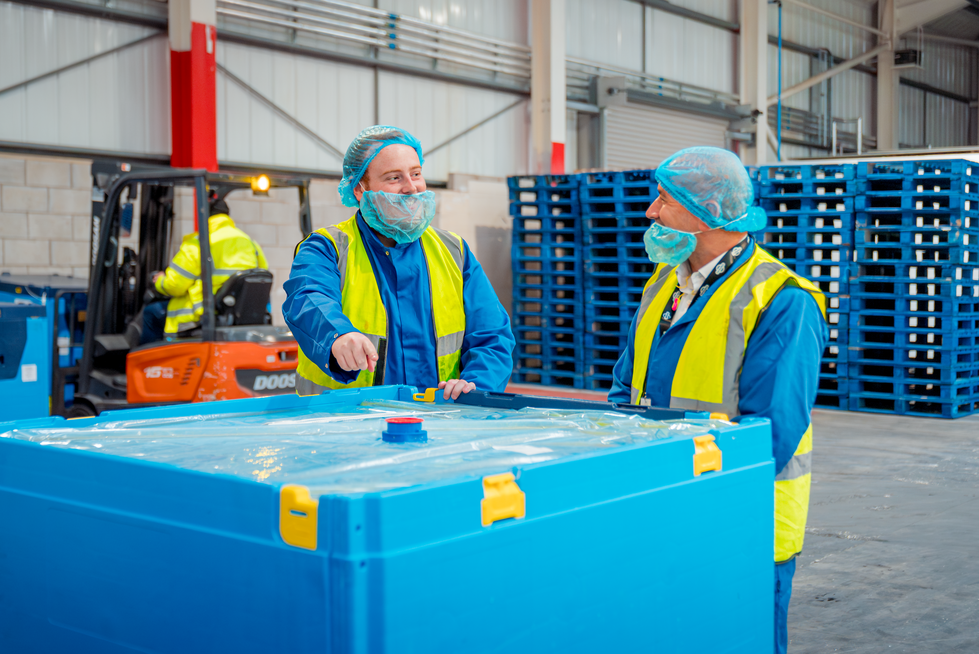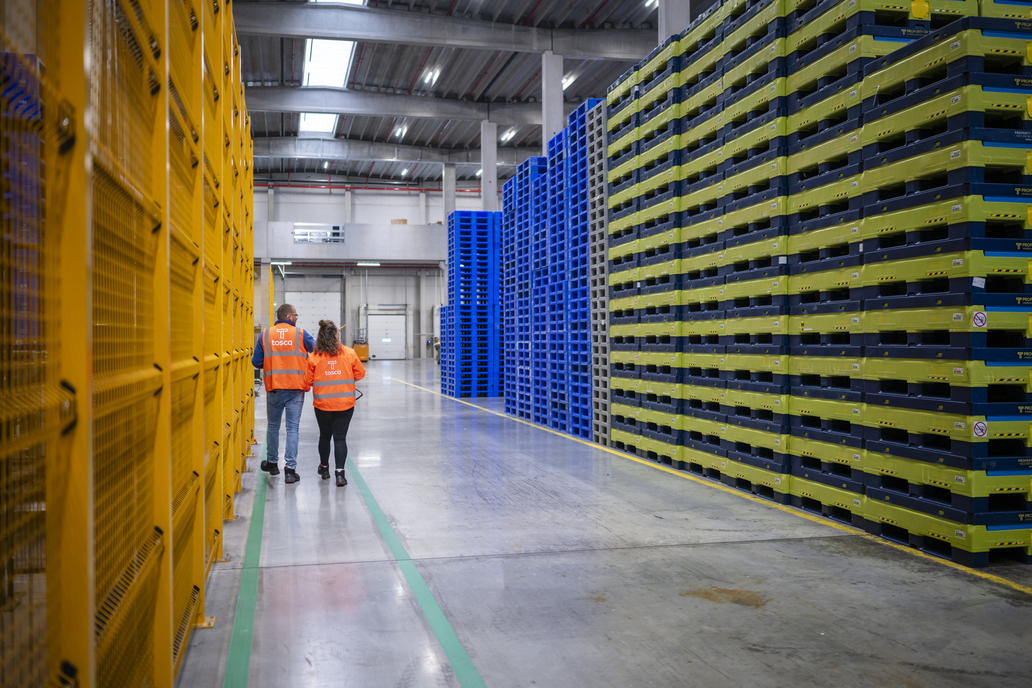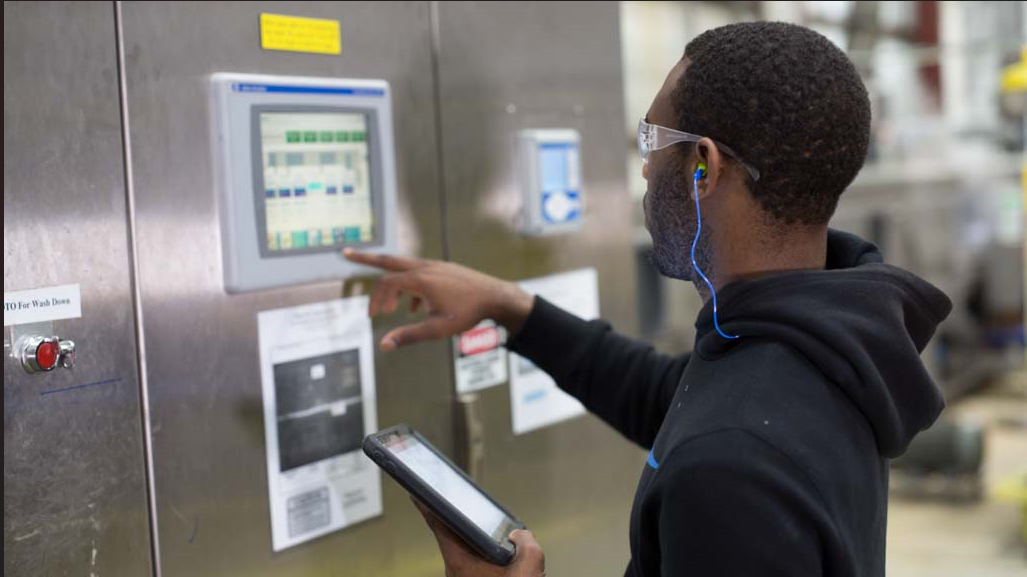
Pourquoi Tosca
Optimisez votre chaîne d’approvisionnement, protégez la qualité de vos produits et renforcez votre engagement en faveur du développement durable grâce aux solutions d’emballages réutilisables de Tosca et à un partenariat de confiance.
DÉCOUVREZ VOS AVANTAGES

Grâce à notre R&D interne et à notre production, nous sommes à la pointe de l’innovation en matière d’emballages réutilisables et de logistique.

Réduisez vos émissions de CO₂, votre consommation d’eau et votre dépendance aux combustibles fossiles pour atteindre vos objectifs de durabilité.

Découvrez comment l’expertise de Tosca peut optimiser votre chaîne d’approvisionnement.

Voyez comment notre modèle de mutualisation simplifie vos opérations logistiques pour une gestion plus fluide.
Nos services phares

Nous proposons des options flexibles pour acheter, entretenir ou louer des conteneurs de manière indépendante — entièrement adaptées à vos besoins.
Nous proposons des options flexibles pour acheter, entretenir ou louer des conteneurs de manière indépendante — entièrement adaptées à vos besoins.

Pourquoi choisir Tosca ?
Découvrez pourquoi les plus grands distributeurs et fournisseurs font confiance à Tosca
À propos

Découvrez nos 60+ ans d’histoire, notre mission et notre équipe dirigeante.

Explorez notre réseau mondial et obtenez un itinéraire.

Rejoindre Tosca, c’est être à la pointe de la durabilité. Postulez dès maintenant.
RESSOURCE EN VEDETTE

Perspectives de la chaîne d'approvisionnement : à quoi s'attendre prochainement
Découvrez comment les emballages plastiques réutilisables facilitent la conformité aux nouvelles réglementations PPWR et européennes sur les emballages.

Pourquoi Tosca
Optimisez votre chaîne d’approvisionnement, protégez la qualité de vos produits et renforcez votre engagement en faveur du développement durable grâce aux solutions d’emballages réutilisables de Tosca et à un partenariat de confiance.
DÉCOUVREZ VOS AVANTAGES

Grâce à notre R&D interne et à notre production, nous sommes à la pointe de l’innovation en matière d’emballages réutilisables et de logistique.

Réduisez vos émissions de CO₂, votre consommation d’eau et votre dépendance aux combustibles fossiles pour atteindre vos objectifs de durabilité.

Découvrez comment l’expertise de Tosca peut optimiser votre chaîne d’approvisionnement.

Voyez comment notre modèle de mutualisation simplifie vos opérations logistiques pour une gestion plus fluide.
Nos services phares

Nous proposons des options flexibles pour acheter, entretenir ou louer des conteneurs de manière indépendante — entièrement adaptées à vos besoins.
Nous proposons des options flexibles pour acheter, entretenir ou louer des conteneurs de manière indépendante — entièrement adaptées à vos besoins.

Pourquoi choisir Tosca ?
Découvrez pourquoi les plus grands distributeurs et fournisseurs font confiance à Tosca
À propos

Découvrez nos 60+ ans d’histoire, notre mission et notre équipe dirigeante.

Explorez notre réseau mondial et obtenez un itinéraire.

Rejoindre Tosca, c’est être à la pointe de la durabilité. Postulez dès maintenant.
RESSOURCE EN VEDETTE

Perspectives de la chaîne d'approvisionnement : à quoi s'attendre prochainement
Découvrez comment les emballages plastiques réutilisables facilitent la conformité aux nouvelles réglementations PPWR et européennes sur les emballages.





















